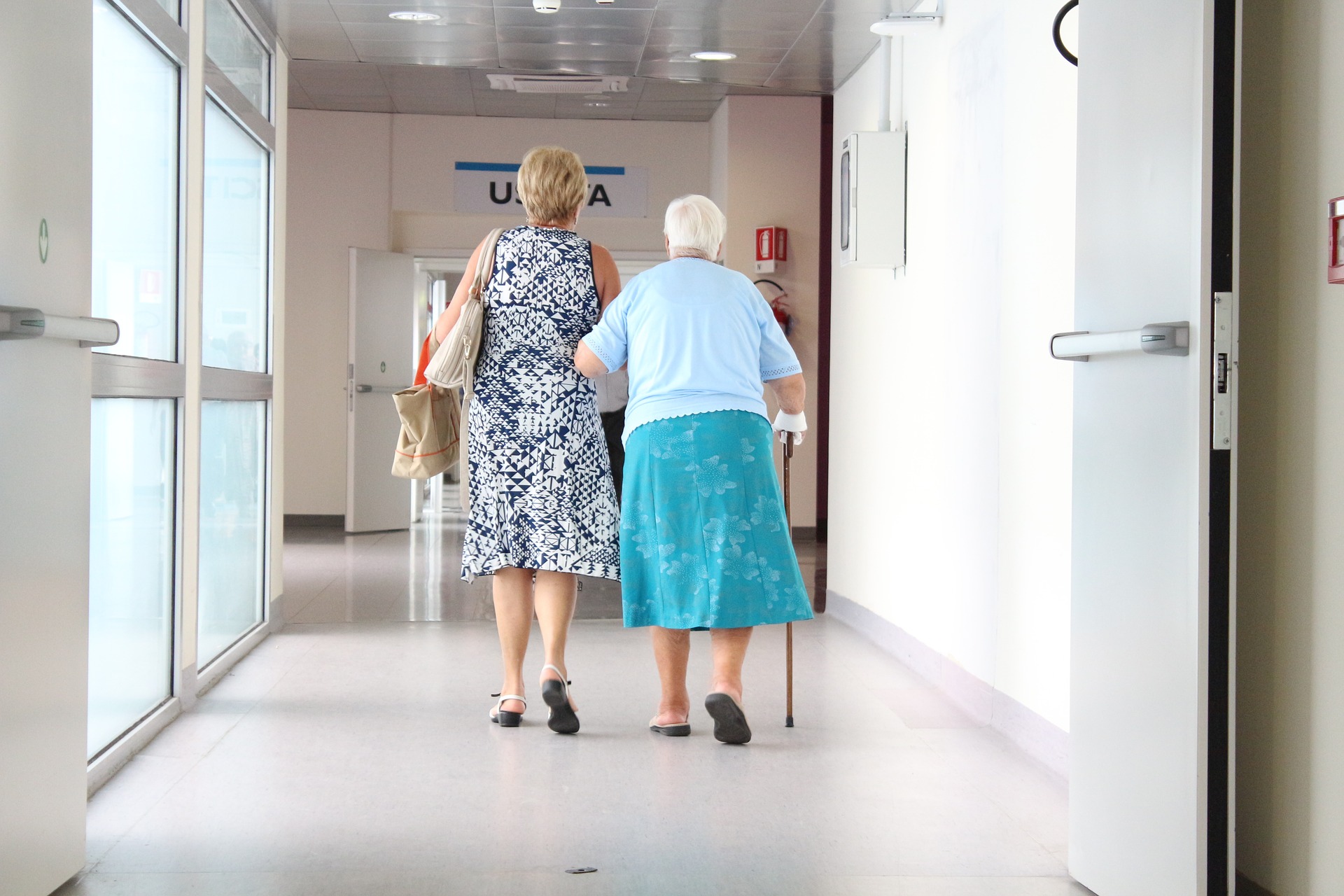By Jason Huffman and Gaylene Miller
The COVID-19 pandemic presented an immense challenge for West Virginia. Of the state’s 55 counties, 54 are classified as, at least in part, health care shortage areas.
Lawmakers were tasked with figuring out how to deliver health care to nearly 1.8 million West Virginians separated by long distances and difficult terrain.
But officials had to contend with another obstacle: Our outdated health care regulations — among them, tight restrictions on the delivery of telehealth.
Telehealth allows patients to see their doctors and other providers remotely using a computer, tablet, or smartphone. It’s difficult to overstate the difference this technology has made in the lives of West Virginia patients during the pandemic.
Elected officials understood this when, early last year, Governor Jim Justice suspended regulations that prevented medical professionals in other states from delivering telehealth to West Virginians.
That allowed the country’s health care providers to remotely diagnose, treat, and monitor patients here in West Virginia, something particularly beneficial for those living in rural areas and with limited ability to travel.
What’s more, telehealth allowed doctors and other providers to diagnose patients with COVID-19 remotely, encouraging those with severe cases to seek in-person care, while allowing those with low-risk cases to recover at home. States that followed the same strategy were able to save countless hospital beds for those in need.
The plan was such a success that, in April, lawmakers passed a bill, HB 2024, that codified the governor’s telehealth reform into law. Our organizations, Americans for Prosperity and AARP, leveraged our unique partnership to work alongside principled lawmakers to support the passage of this bill at every step along the way.
The benefits of removing barriers between patients and doctors are well-documented, so lawmakers weren’t flying blind.
Telehealth has been shown to reduce the health care costs of both patients and providers. One study found that, for claims of acute, non-urgent care, telehealth saved an average of 6 percent in costs by providing more targeted care to patients who would have otherwise gone to the emergency room.
Telehealth also helps reduce travel time for patients when seeking care. UC Davis Health’s study found that, between 1996 and 2013, remote care saved their patients nine years of travel time, five million miles, and $3 million in costs.
Rural patients benefitted from this service, in particular. And for patients without high-speed internet, West Virginia’s bill allows patients to use “audio-only” telehealth services over the phone.
Those who use telehealth tend to like the service. A survey of 2,000 U.S. adults found last May that 42 percent had used the remote service since the pandemic began. Sixty-five percent said they appreciated the convenience of speaking to their doctors remotely, rather than in-person. Sixty-three percent said they liked not having to worry about being exposed to other sick patients.
These data, and West Virginia’s own experience with telehealth during the pandemic, have proven that these policy changes work, and that our lawmakers have an important role to play in furthering that success.
West Virginia still has laws on the books that stand in the way of providers and the patients they serve, of course. Americans for Prosperity and AARP will continue working together, and with lawmakers, to ensure that more West Virginians are able to receive the care they need, when they need it, at a price they can afford. Together, our organizations and activists from across the state are uniting to drive innovations that will benefit every Mountaineer.
The COVID-19 pandemic has revealed many of the weaknesses of our health care system. We applied those lessons to great effect. Imagine what else our elected officials can accomplish simply by removing additional barriers to quality health care.
Jason Huffman is state director of Americans for Prosperity-West Virginia. Gaylene Miller is state director of AARP West Virginia.


